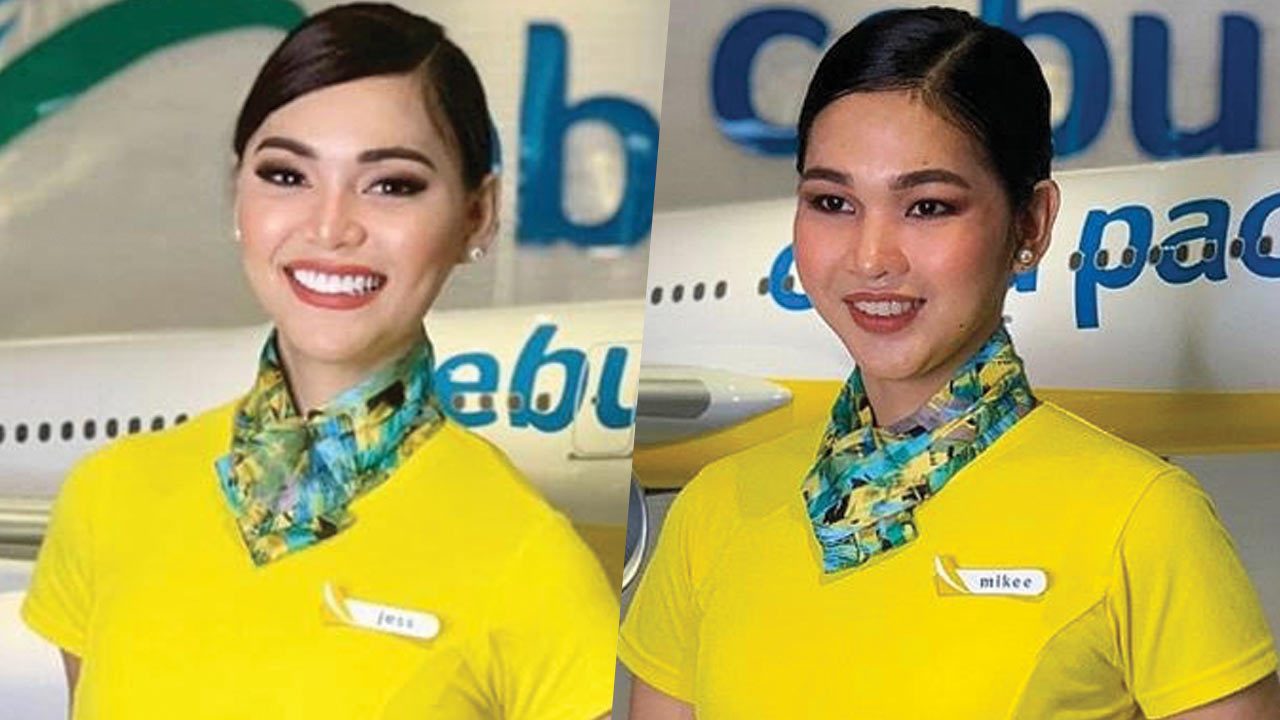Strategies for Preventing Misgendering

Misgendering can be a deeply hurtful and alienating experience for transgender and non-binary passengers. As flight attendants, it is our responsibility to create a welcoming and inclusive environment for all passengers, regardless of their gender identity.
There are several best practices that flight attendants can follow to prevent misgendering passengers. First and foremost, it is important to use inclusive language and respectful pronouns. This means avoiding gendered language such as “ladies and gentlemen” or “sir/madam” and instead using gender-neutral terms such as “passengers” or “folks.” It is also important to use the pronouns that passengers have indicated they prefer, even if you do not personally agree with their gender identity.
Another important strategy for preventing misgendering is to provide training and education for flight attendants on the topic of gender diversity. This training should cover the basics of gender identity and expression, as well as the importance of using inclusive language and respectful pronouns. It should also provide flight attendants with the opportunity to practice using inclusive language in a safe and supportive environment.
By following these best practices, flight attendants can help to create a more welcoming and inclusive environment for all passengers, regardless of their gender identity.
Using Inclusive Language
Inclusive language is language that does not exclude or marginalize people based on their gender identity or expression. When using inclusive language, it is important to avoid gendered language such as “ladies and gentlemen” or “sir/madam” and instead use gender-neutral terms such as “passengers” or “folks.” It is also important to use the pronouns that passengers have indicated they prefer, even if you do not personally agree with their gender identity.
There are many resources available to help flight attendants learn how to use inclusive language. The Human Rights Campaign (HRC) has a guide to using inclusive language that can be found at https://www.hrc.org/resources/using-inclusive-language. The National Center for Transgender Equality (NCTE) also has a guide to using inclusive language that can be found at https://transequality.org/issues/language.
Using Respectful Pronouns, Misgendering flight attendant
Using respectful pronouns is one of the most important things that flight attendants can do to prevent misgendering passengers. Pronouns are words that are used to refer to people, such as “he,” “she,” “they,” “them,” and “their.” It is important to use the pronouns that passengers have indicated they prefer, even if you do not personally agree with their gender identity.
There are several ways to ask passengers for their pronouns. One way is to simply say, “What pronouns do you use?” Another way is to say, “I want to make sure I use the correct pronouns for you. What pronouns do you prefer?” It is important to be respectful of passengers’ pronouns, even if you are not familiar with them.
If you are not sure what pronouns to use for a passenger, you can always ask them. It is better to ask than to assume.
Policy and Legal Implications: Misgendering Flight Attendant

Misgendering flight attendant – The aviation industry has a responsibility to protect its employees from discrimination and harassment, including misgendering. There are several existing policies and laws that protect flight attendants from misgendering, including:
- The Civil Rights Act of 1964 prohibits discrimination based on sex, which includes gender identity and expression.
- The Equal Employment Opportunity Commission (EEOC) has issued guidelines stating that employers must provide a workplace free from discrimination based on gender identity or expression.
- Many airlines have adopted their own policies prohibiting discrimination and harassment based on gender identity or expression.
The consequences for airlines and passengers who engage in misgendering can be severe. Airlines may face lawsuits from flight attendants who have been discriminated against, and passengers may be banned from flying with the airline. In addition, misgendering can create a hostile work environment for flight attendants, which can lead to decreased morale and productivity.
Need for Further Policy Development and Legal Protections
While there are existing policies and laws that protect flight attendants from misgendering, there is a need for further policy development and legal protections. This includes:
- Clarifying the definition of misgendering and ensuring that it is included in all anti-discrimination policies.
- Providing training for airline employees on how to interact with transgender and gender non-conforming passengers.
- Creating a system for reporting and investigating misgendering incidents.
- Advocating for legislation that specifically protects transgender and gender non-conforming people from discrimination and harassment.
By taking these steps, we can create a more inclusive and welcoming environment for all flight attendants.
The misgendering of flight attendants is a pervasive issue that requires urgent attention. While strides have been made in the fight for LGBTQ+ rights, incidents like these serve as a stark reminder of the work that remains. As Jamaal Bowman , a vocal advocate for equality, rightly points out, misgendering not only perpetuates harm but also undermines the dignity of individuals.
It is imperative that airlines implement robust policies and training programs to prevent such incidents from occurring, ensuring a safe and inclusive environment for all.
In the realm of aviation, a flight attendant’s identity should be respected, not misconstrued. Yet, stories of misgendering continue to surface, leaving a bitter aftertaste. Just as Lauren Boebert ‘s divisive remarks underscore the need for empathy, so too does the misgendering of flight attendants highlight the importance of embracing diversity.
Respecting individuals for who they truly are is not just a matter of courtesy; it’s a matter of human dignity.